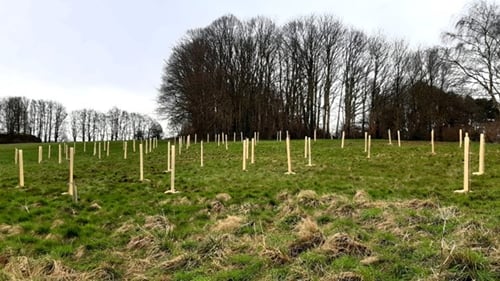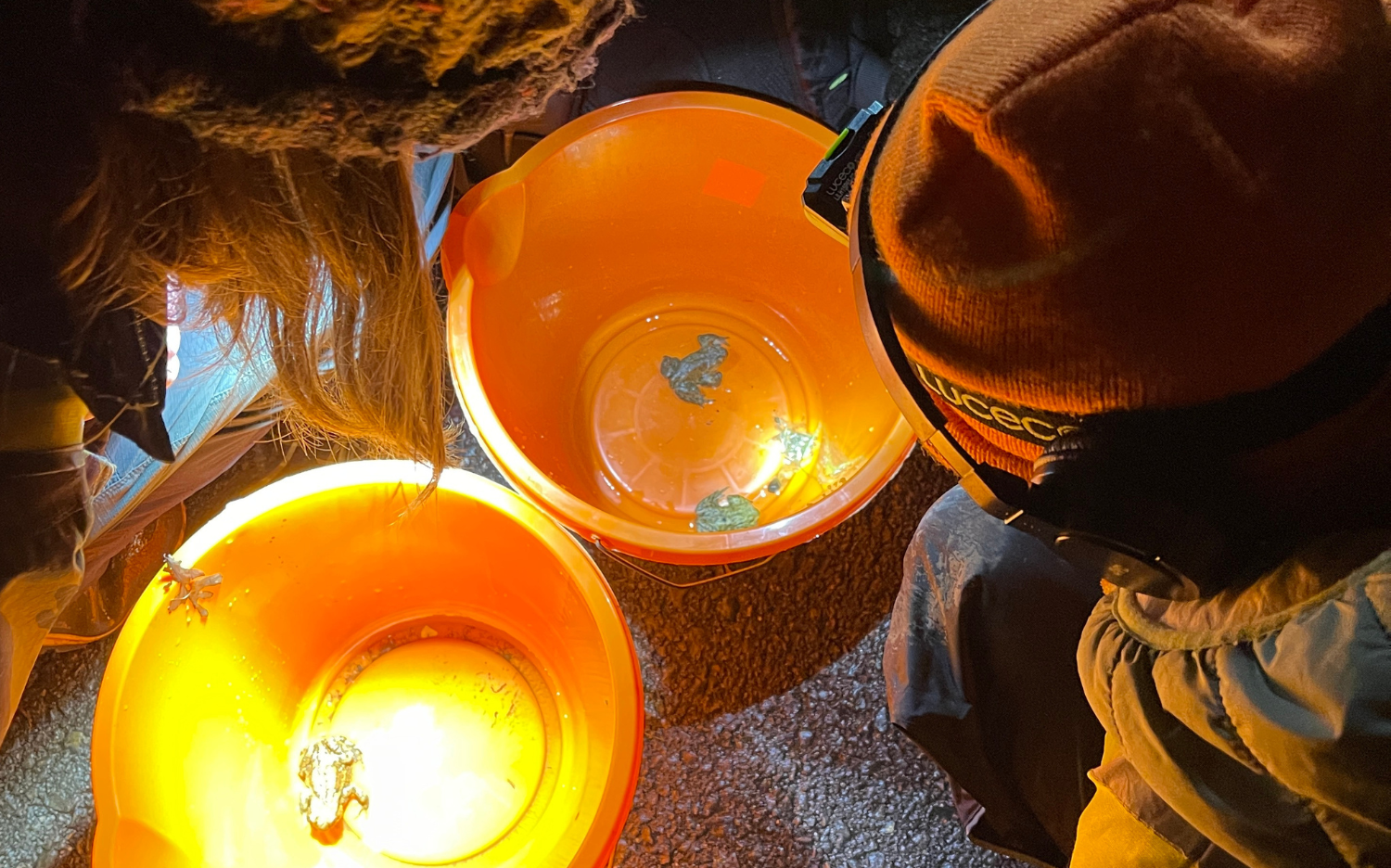
We caught up with Andy Ryder, the Chair of Avon Reptile & Amphibian Group (ARAG), to find out more about the great work of the Chew Toad Patrol.
What do Chew Toad Patrol do?
During spring the Chew Toad Patrol rescue toads, frogs and newts from the busy road next to Chew Valley Lake and take them safely in buckets to the other side next to the water.
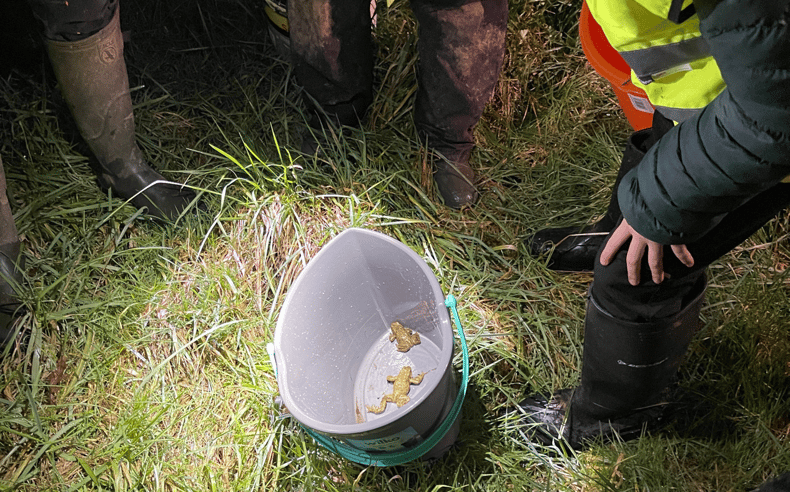
Why do toads want to cross the road?
They are migrating and making their way to the reservoir to breed. Toads are quite particular about the bodies of water they like to breed in, and they do really well in fishing lakes because they have toxins that mean the fish won’t eat them – in any of their life cycle stages.
When is Chew Toad Patrol out?
Toad migration depends on the weather and varies from year to year. Typically, the patrols run from February until the end of March. There will though be some nights where we do not patrol as the weather will not always be suitable for amphibian movement.
What time of day are they patrolling?
Our vigilant volunteers start as soon as it gets dark and continue for a couple of hours. Toads like to make their way to the reservoir in the dark, normally from 6pm but this changes as the season progresses and daylight hours change.
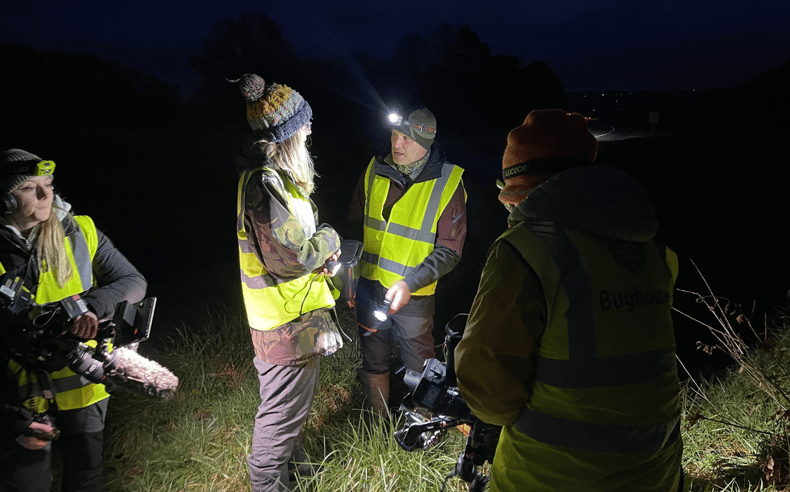
Are there certain weather conditions toads like?
They like it to be mild, when the air temperature is above 6 degrees centigrade. Damp evenings, when the road surface is wet, means it can be especially busy. They like calm evenings too, when there’s no wind.
Why is saving toads important?
Toads are a really important part of the natural ecosystem. They keep pests down, gardeners love them! Unfortunately though, they are declining as they have more and more dangerous roads to cross, and there are fewer gardens with ponds.
Do you have any messages for people using roads around our reservoir?
In February and March, avoid using the road as much as possible when it gets dark. If you have to, please drive slowly and stop to allow volunteers to pick up the animals.
What are the benefits for people to getting involved?
Well apart from helping out the wildlife, our volunteers enjoy meeting lots of other, likeminded people, and there’s often social events. Volunteers also find it’s a great exercise and get plenty of steps in while going up and down the side of the road. There’s lots of evidence about the great mental health benefits of being outside too. And some of our volunteers even litter pick on quieter nights!
For more information about the Avon Reptile and Amphibian Group (ARAG) visit http://groups.arguk.org/arag/
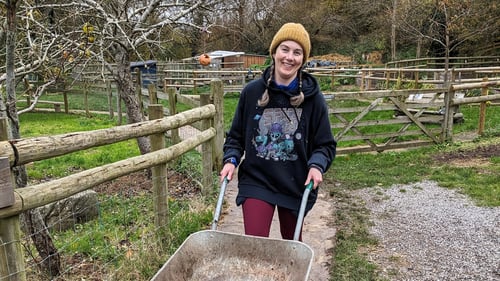
.png?width=500&height=500&name=Untitled%20design%20(37).png)

